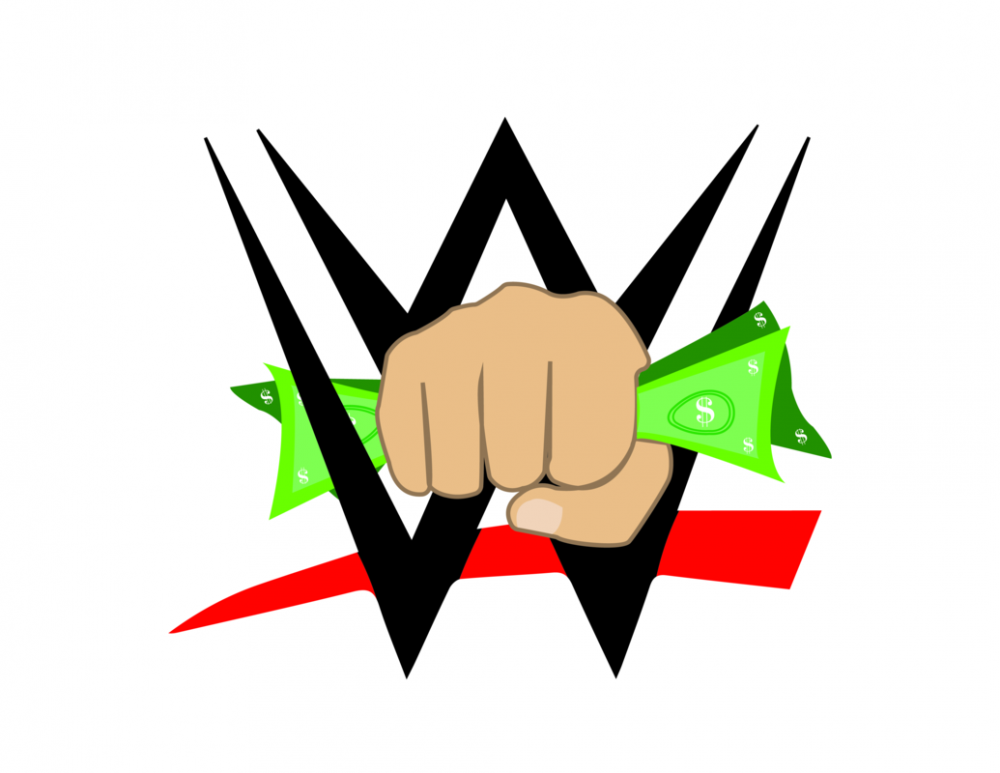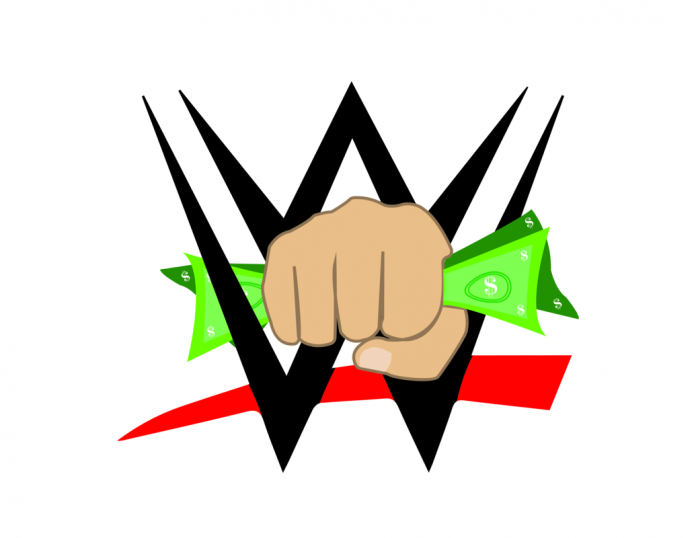In 1999, the WWE, a professional wrestling company, moved from the mean streets of New York’s Manhattan Centre onto the meaner streets of Wall Street when they became a publicly traded company on the New York Stock Exchange (NYSE). What does this mean? It means they have shareholders to protect since the acquisition of this relatively new-found status. I think it also means they have to be stealthier with their dealings than they had been before. The WWE has gone through the ringer of controversy not only in the sports world, but globally as well. There have been scandals and deaths and bumps and bruises, despite the fact that the company has a total revenue stream, as of this date, of approximately $800,960,000 USD, according to The Wall Street Journal.
In 1993, Vince McMahon, the owner of WWE, was sued by former employee Terry Bollea — better known to the world as Hulk Hogan — for his role in an alleged steroid ring scandal. This was confirmed in the New York Times article written about it in 1994 under the headline “A Promoter Of Wrestling Is Acquitted.” The charges were later dropped, but at the time they made major headlines globally. Coincidentally (or maybe not so coincidentally), steroid use has been an ongoing issue in the business for decades.
You may ask yourself, what’s the point of this fluff, this information? There is one: my question. Why is professional wrestling so popular? It’s a question that has plagued me for a long while now. There are two answers that I can think of.
First of all, I think it is all in the brain. To put it simply, there are chemical reactions in the brain specifically laid out for pleasure. Evolution, or possibly society, has somehow provided the male brain with the need for pugilism — for fighting. It’s in the DNA. I believe there really is no explanation for it other than that it simply is that way. We’ve progressed so far and become so simple-minded that we don’t care who has died, who has bled, who has been screwed over — nothing matters except two men beating the hell out of each other. That’s it! Look at the UFC; people pay extravagant amounts to watch a UFC fight on TV, and even more to see it live. Why? Because real violence leads to blood, that’s why! Only the most daring of fans care about the financial aspect; the socio-economic issues, the white noise between the lines. And I think certainly only a handful of those fans care about both.
The second answer, in my opinion, is history. Those who don’t learn from history are doomed to repeat it themselves. If one took the time to listen to the stories of those in the business — those who grew up in the business, so to speak, they would find out that the industry has always been shady behind the curtains. For example, within the last week or two, it was leaked that the WWE’s prized female wrestler, the late “Fabulous Moolah,” had been supposedly pimping out and even forcibly drugging the wrestlers she trained back in the 1960s and ‘70s. They named a wrestling match after her, but removed the moniker immediately following the outpouring of fan disdain towards the name. Then again, they named the prestigious “Warrior Award” after late wrestler “The Ultimate Warrior,” who had a history of being racist and saying some not-so-nice stuff. The award goes to exceptional people who have fallen on hard times in their lives, such as Connor Michalek, the eight-year-old who died of cancer just before he could receive the award.
Even something like this can create controversy. Chief brand officer Stephanie McMahon tweeted this: “[P]hilanthropy is the future of marketing, it’s the way brands r going 2 win.” This was sent the same day Michalek received the Warrior Award. Makes you think the sincerity was not all there, doesn’t it? Then again, there are two sides to every tale. Sure, the industry has changed from time to time, as all things do, but no matter what goes on, people will pay money they don’t have so they can watch it. Controversies are most definitely not new but it seems that they’re getting worse and worse as time goes on.
 Image: Simer Haer/The Cascade
Image: Simer Haer/The Cascade


